Talking about emotions: Why fear makes men dumb
One day in 2005. It wasn’t the worst day in my life, but probably one of the top 10. What happened? I had my first therapy appointment. I stood outside the building where my therapist’s office was, ready to open the door. How did I feel?
The first image that comes to my mind is from the film ‘Saving Private Ryan’, from the opening when Captain John Miller (played by Tom Hanks) and his men are waiting behind the armoured front of their landing craft, hearing the enemy’s bullets peppering the protective steel and the thunder of grenade explosions all around them. In a few seconds, the front ramp will open, and they most likely will have to face death on a Normandy beach.
I don’t say this as a joke. I never would; I profoundly respect the soldiers who, on D-Day, sacrificed life, limbs, and mental health to save us all from the Nazi tyranny.
However, I believe I felt a similar terror on that day in 2005. How can a 40-year-old man fear conversing with a lovely old lady who had helped people all her life? How could this scare me as much as other people fear death?
(Featured picture: How I looked at my first therapy appointment in 2005 – AI-generated illustration)
What exactly do men like me fear more than death?
Let me be straight: I have never been in combat. I have no first-hand experience with what the D-Day soldiers felt. I have, however, been in near-death situations. And there have been other situations in my life, with my first therapy appointment among them, in which I was more scared than I ever was of dying.
What could possibly be so frightening about a 50-minute conversation with a lady in her late sixties? What was the worst thing that could happen in there? Could it be, for instance, that the petite, elderly psychiatrist would want to kill and dismember me?
No, something much worse! When that door opened and the appointment started, I would have to talk about how I felt. I would have to talk about my emotions, for Christ’s sake! You can’t expect that from a man of my generation!
So, what can you expect from a man of my generation?
Let’s reframe the question: what do we expect from ourselves?
We were raised with the expectation of becoming Superman. Nothing less. We should be able to manage every situation and never express any pain. If it were necessary to express anything at all, a sarcastic comment would be acceptable. But no moaning!
Anger was okay because it made us feel strong and could be used as a weapon to subdue others to our will. We should never need anyone’s help but stand tall and be absolutely bulletproof.
However, if you look at us, few of us look like Superman. And none of us are bulletproof, not physically and neither on an emotional level. There is just too much kryptonite in the real world.
Why on Earth did we try to become Superman in the first place?

Let’s have a look at male role models, shall we?
Could I, for instance, have turned to my father with my fears and worries back in the 1970s? Are you joking? Talking about emotions would have made my father highly uncomfortable. And if my father got uncomfortable, he responded like men were supposed to: with sarcasm or a sudden burst of anger.
I spent too much of my childhood tiptoeing around, trying to avoid triggering my father’s anger. I certainly wouldn’t bring it upon myself because of something as unimportant as my mental state.
How about my brother, who was seven years older? You must be out of your mind! Like most boys and young men in the culture I grew up in, he would welcome any sign of ‘weakness’ as an opportunity to get an advantage over me. I also spent way too much time walking on eggshells to evade my brother’s bullying.
Friends? You may have had friends you could trust on a deep level. I hadn’t until I reached college age. Before then, friendships required me to behave as expected to avoid being the subject of ridicule, bullying, or even violence.
Male teachers at school? There were certainly some good people out there (and some you should avoid at any cost), but none of them ever said something like, “Come to me if you need to talk to someone”.
I bet you can recognise much of this if you were born within the first couple of decades after WWII or even later.
Sounds like living with wolves, but there must have been a safe haven
Oh, you must be thinking of the empathetic and supporting Mother.
Yes, I believe my mother was empathetic and wanted the best for me. I also think she felt helpless in her family and cultural environment and didn’t know what to do.
When I came to her with my troubles, she usually said something like, “That’s not something you should let bother you.” She tried to encourage me to ignore whatever I was worried about because she didn’t know what she or I could do about it anyway.
However, what my young ears heard was that my worries were unfounded. There was no reason to worry. This meant that I must have made it all up myself. It was my fault!
My young brain learned (rather quickly) that it was both dangerous and pointless to say anything about how I felt.

But how can you talk about it when you don’t know what you feel?
That’s right.
That day in 2005, now inside the lion’s den (the therapist’s office). My psychiatrist kept looking at me with a patient smile. I knew I was supposed to talk, of course, but I had no idea what to say.
Perhaps I could have described my emotions quite precisely when I was twelve years old, hadn’t it been so damn dangerous. 28 years later, however, I really struggled.
My whole existence felt like living in the constant, unbearable, screaming noise of a huge factory hall, and I felt hopeless, worthless, directionless, and completely unlovable. I can now put labels involving ‘anxiety’ and ‘depression’ on this. But what did I really feel underneath this dark chaos? And what had made me feel this way?
I had no idea. Except that whatever it was, it was probably my fault.
I was raised to devise solutions and act on them as a real man should, but I had no solutions whatsoever.
Perhaps my therapist should have started by telling me about:
The art of peeling an onion
In a famous scene, the Norwegian playwright Henrik Ibsen lets his character Peer Gynt peel an onion as a metaphor for trying to find his true identity. This didn’t end well for Peer. After peeling off layer by layer, he found that there was no inner core. Nothing.
However, when trying to identify the sources of our anxiety and depression, it’s often like peeling off layer by layer of emotions. For instance, depression may be there because we can’t carry the anxiety anymore. The anxiety emerged because we once felt helpless. We felt helpless because we didn’t know how to look after ourselves, which was a result of having been emotionally neglected as children.
This is just an example. For many men, the outermost layer of the onion is anger because that’s the only emotion their role as men allows them to show. And Christ, how they fear looking at the layers underneath.
My point is that peeling this onion takes time. It’s hard work! But it’s worth it, and it’s necessary. Because way too many men choose to die (literally) instead of rolling up their sleeves to fix the problem.
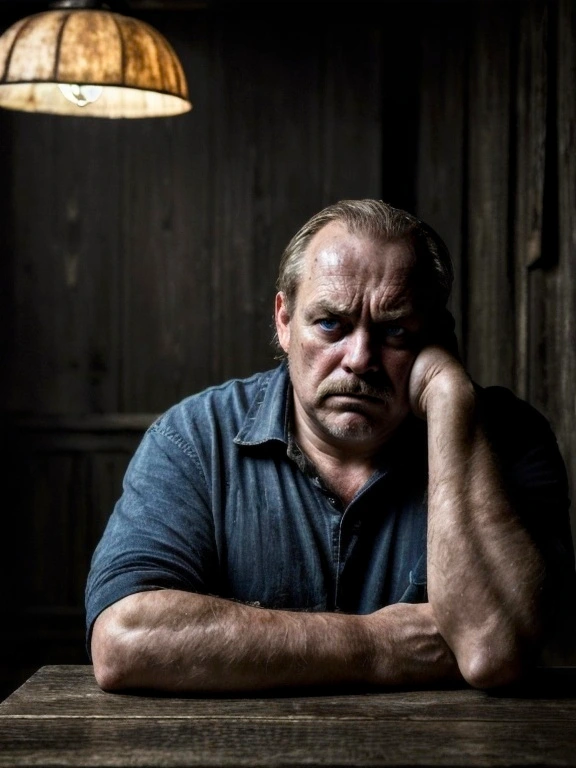
The lethal silence
Let’s look at a couple of sad and hard truths from 2023:
- Three out of four people committing suicide in England and Wales were men.
- The suicide rate was highest for males aged 45 to 49 years.
- Men aged 45 to 64 years had the highest rate since 2010
The situation isn’t much different in other comparable countries. There’s no need for further comments. The numbers speak loudly for themselves.
If you’re thinking of harming yourself, stop. Don’t do it. There are people out there who can help:
Be a hero! Don’t give up!
What can we do about this?
There are at least three subquestions hidden inside this question:
- What can we old, grumpy men do to look after ourselves better?
- What can each old, grumpy man do to look after his friends, colleagues, and sons better?
- What can we do to create a society where fewer men die because they’re too scared of talking about their problems?
Well, there is one thing we can do regarding all three questions: challenge the role we were taught to play as children. Remember, traditions on all levels, in nations, societies, and families, are nothing more than peer pressure from dead people. Sometimes, traditions contain wisdom that benefits us. More often, they do not.
The silent, macho male ideal may have had its reasons at some point. In hard times, people would raise their sons to endure hardships. In reality, most men my age were raised to become soldiers. That is understandable; most of our parents remembered the war all too well.
They knew that if we get wounded in battle, we better shut our mouths and keep going. True, there are situations when we have to do this, both in war and peace. But then, we must take care of our wounds and ensure we heal before the next ordeal. They forgot to tell us about that.

Our responsibilities as adults
No one could expect us to challenge this culture when we were children. Some of us did when we reached adolescence; most didn’t.
However, as adults, we must take full responsibility for our actions. It’s not okay to harm ourselves, our sons, our friends, and the people we manage at work just because our parents raised us in a certain way.
I have no doubt my parents did what they thought was right. In some ways, I’d say they did their best under the circumstances. But they were raised in the 1930s and 1940s themselves. How much has the world changed since then? How much more have we learned about how the human mind actually works?
To continue living up to an archaic view of manhood and even pushing that view on other boys and men isn’t heroism in any way. It’s irresponsible and lazy at its best. At its worst, it’s merely stupid and cruel.
If we want to come across as warriors, as our parents expected of us, there’s no point in 2025 to insist on being a stone-age warrior. What we need to be is:
Smart warriors of the modern age
Wars aren’t won by brute force only anymore. The best leader isn’t the one who shouts the loudest. The best man isn’t the one who’s unable to recognise and honour emotions in others, let alone himself.
Yet, some of us shout about traditional values, but if they aren’t aligned with today’s reality, they won’t benefit anyone. Are we really willing to harm people close to us just because we don’t want to face change?
If we want to achieve anything in this life, and warriors are supposed to accomplish things, we should aim to be flexible and firm when either is necessary. We should strive for knowledge and wisdom instead of depending on inherited ‘truths’. And we should, most of all, get to know ourselves well enough to heal old wounds and not pass them on to others.
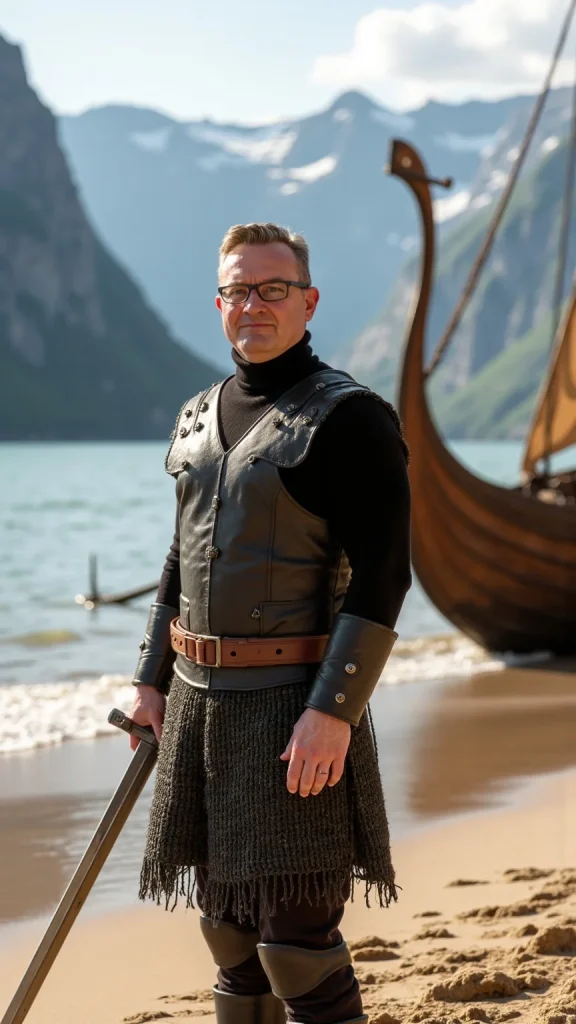
So, what does this have to do with my therapy session?
Oh yes, back to me in the therapist’s office, dumbfounded by fear. What would a courageous warrior do? What is courage, anyway? Nelson Mandela once said:
I learned that courage was not the absence of fear, but the triumph over it.
A true warrior would see his fear in the therapist’s office as a challenge to overcome, not something to shy away from. In fact, he would see shying away from these obstacles as cowardice, not heroism. He would dedicate himself to the necessary fight for the greater good, to heal himself and ensure the vicious circles are broken and not passed on.
Honestly, I would be lying if I claimed I reached this conclusion easily and quickly myself.
What is it, then, the absolutely worst thing that could happen in the therapist’s office? What is our deepest fear? Oh, we all know what it is.
We might start crying! Lose control! We may show someone our vulnerability! God forbid!
Big boys don’t cry! Perhaps they should?
I never cried in therapy. I wasn’t brave enough. There’s no doubt this delayed my healing. Sometimes, we need to cry when peeling the onion. But that’s a story for another day.
The truth is we are all vulnerable in one way or another. We have all been hurt by something, some of us seriously. However, this doesn’t go away even if we hide it deep inside for a hundred years while playing the tough guy on the outside.
A real warrior would face the hidden dragon head-on and fight until victory. The coward pretends the dragon doesn’t exist and lets the dragon’s fire and sulphur slowly consume him and the people close to him.
So what if we shed a tear in the safety of a therapist’s office? So what if we even shed a tear in the presence of our partners or a close friend? Doesn’t this show more courage than hiding behind an angry mask, numbing our pain with alcohol, and raising our sons to end up in the same ditch as ourselves?
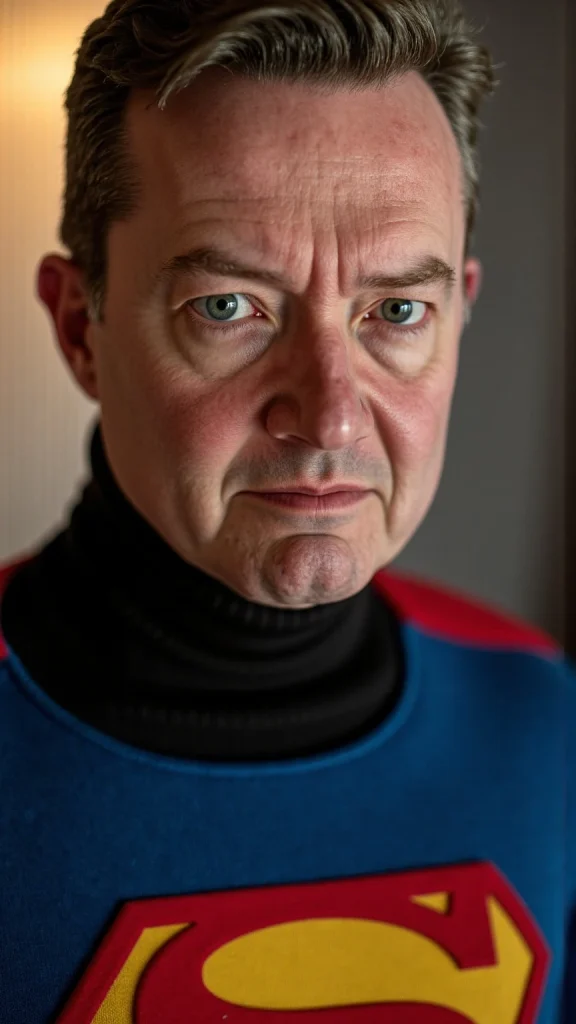
Heroes of the emotional battlefield
I’ve never raised boys myself. I have two daughters and a bonus daughter. However, even if I’d had sons, I would never have let them inherit the same values as men my age became heirs to.
Despite being born into fear and confusion, I slowly turned into a warrior and was (and is) a different father to my daughters than my father was to me. Knowing my eldest daughter and her partner, I’m sure this will diffuse down to my grandson in Norway.
Being a warrior on the internal battlefield of emotions isn’t easy. It’s not about glory and parades. It’s about stopping denying reality and starting to do something about it. It’s about getting up daily to fight the fights necessary to slowly improve and become a better person for ourselves and the people around us.
That’s a victory worth pursuing. For the real men, the ones who don’t hide behind silence, sarcasm, and anger. The smart warriors of today.
All pictures used in this article are AI-generated illustrations. Most of them resemble me at different ages, but they aren’t real pictures.
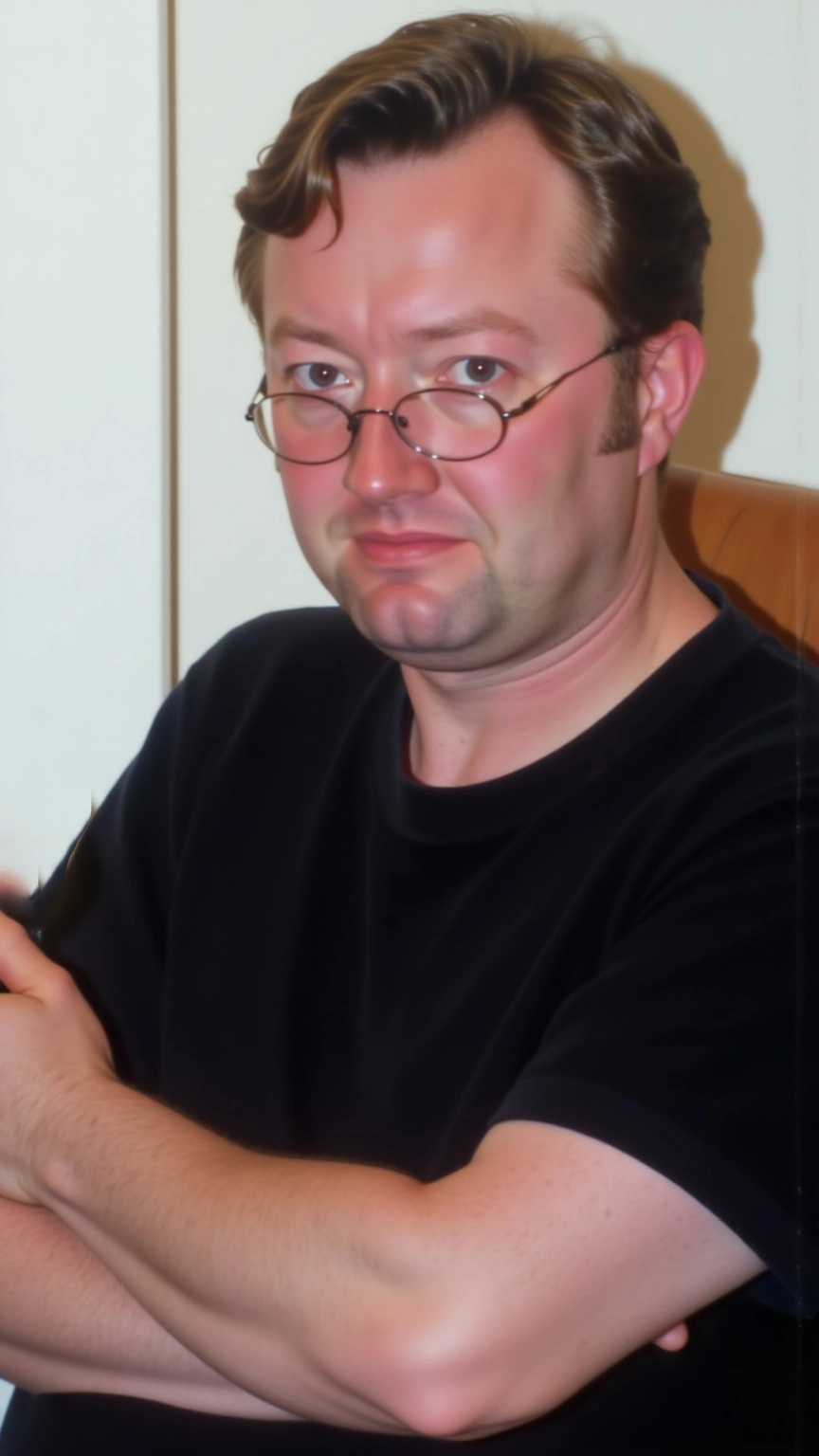

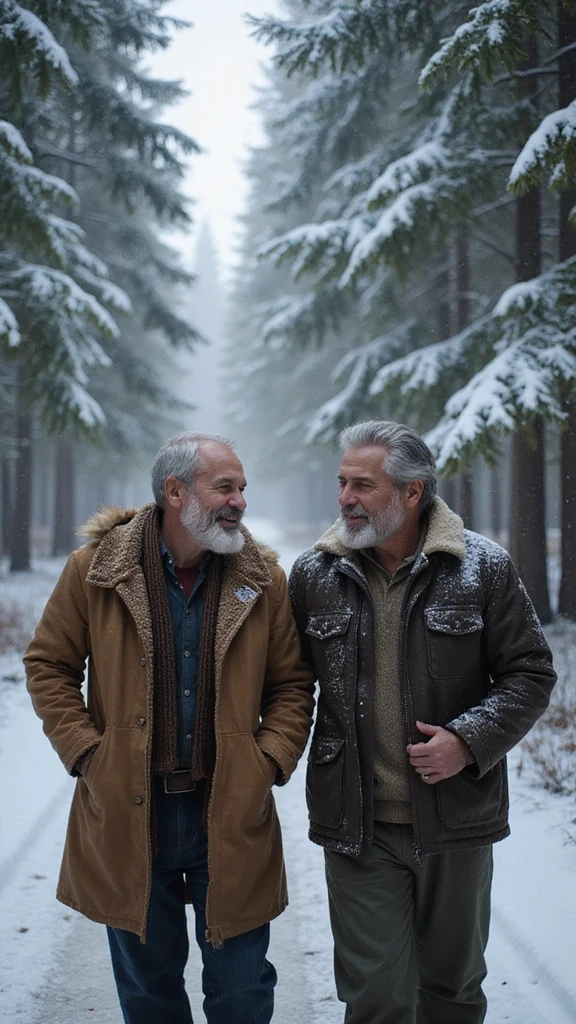
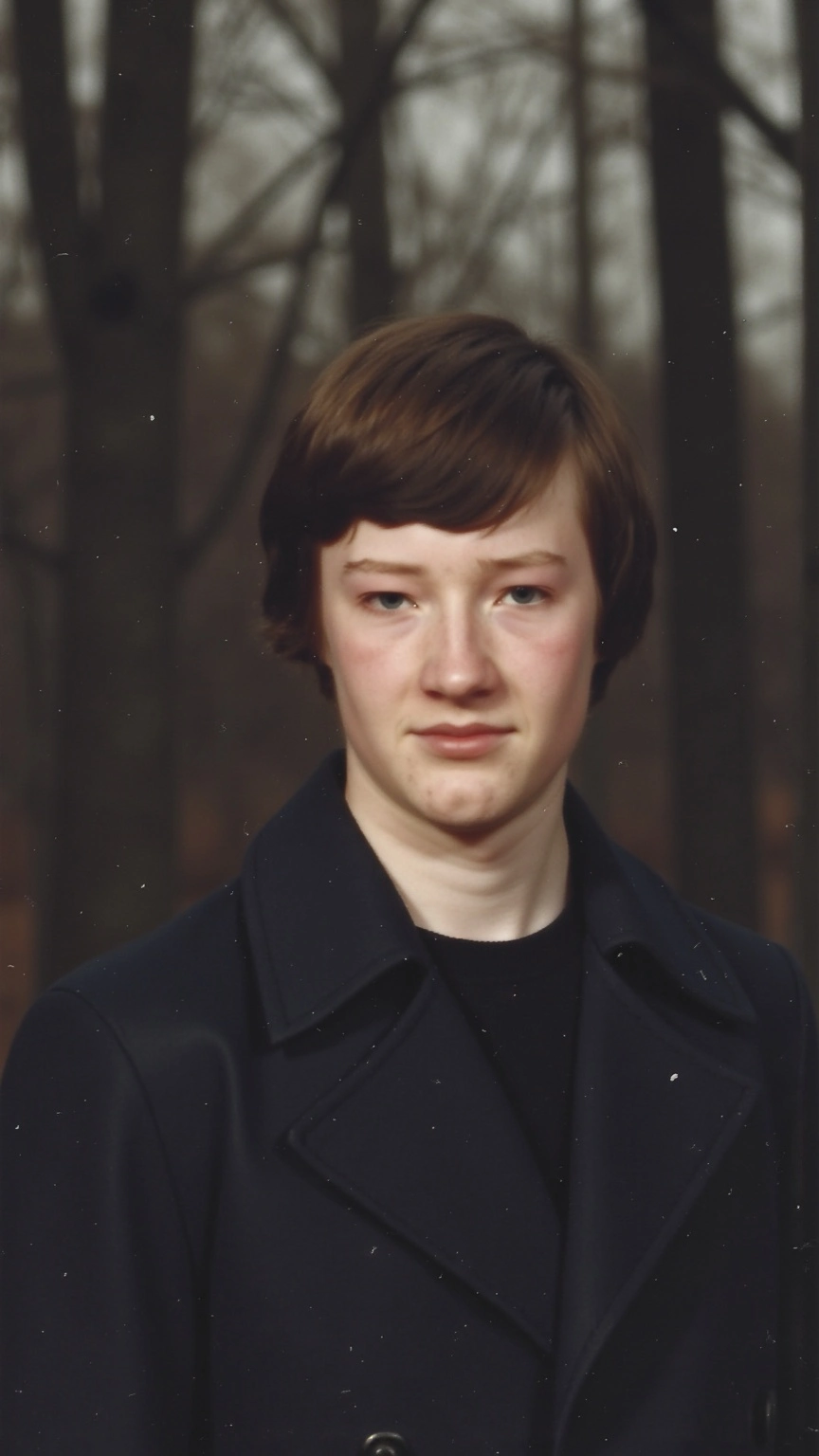
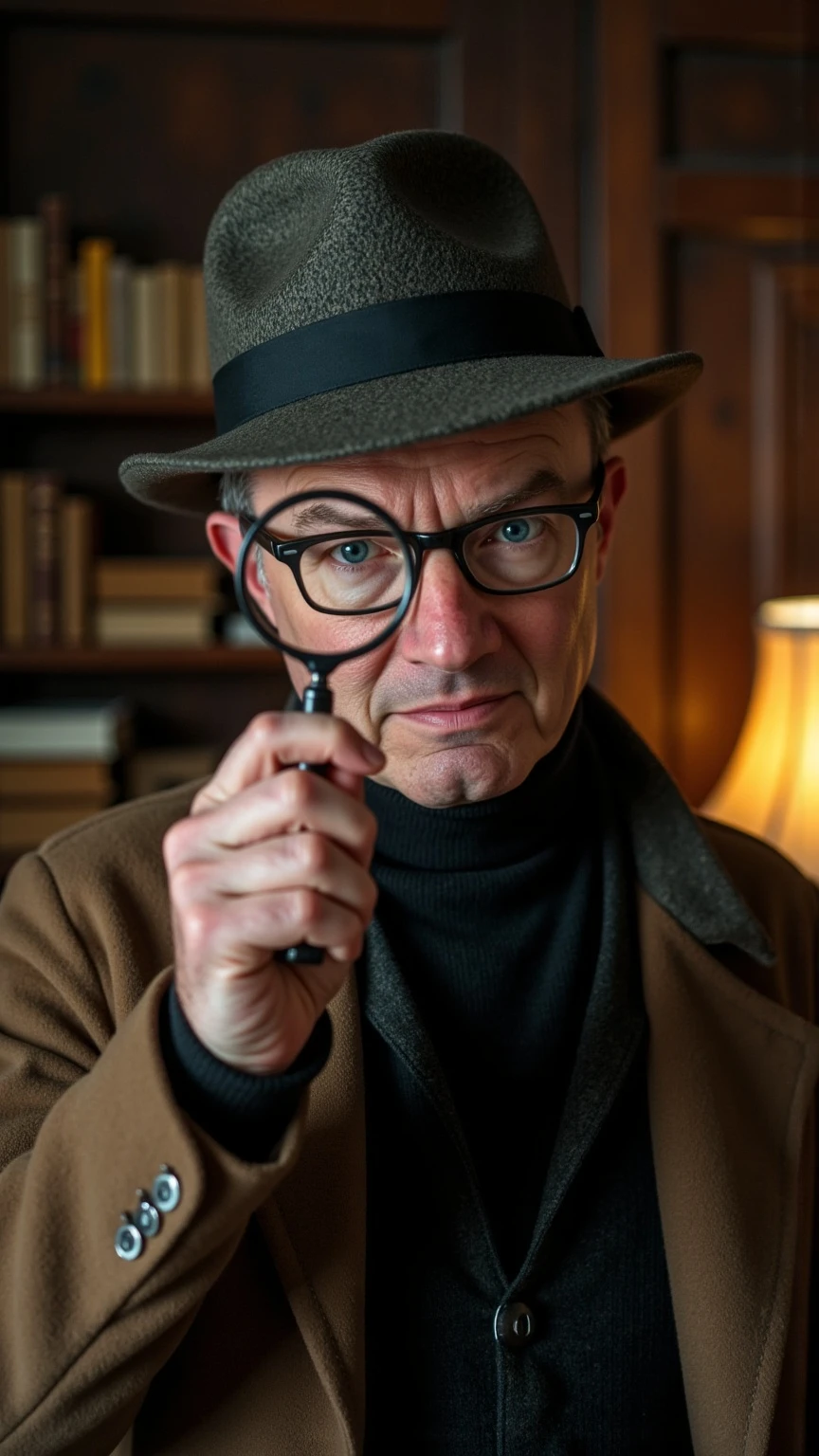
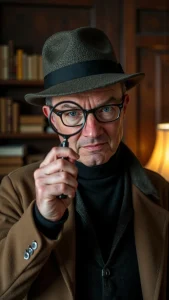







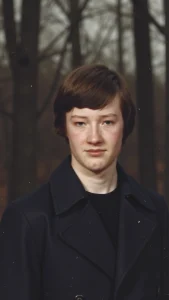

Post Comment
You must be logged in to post a comment.